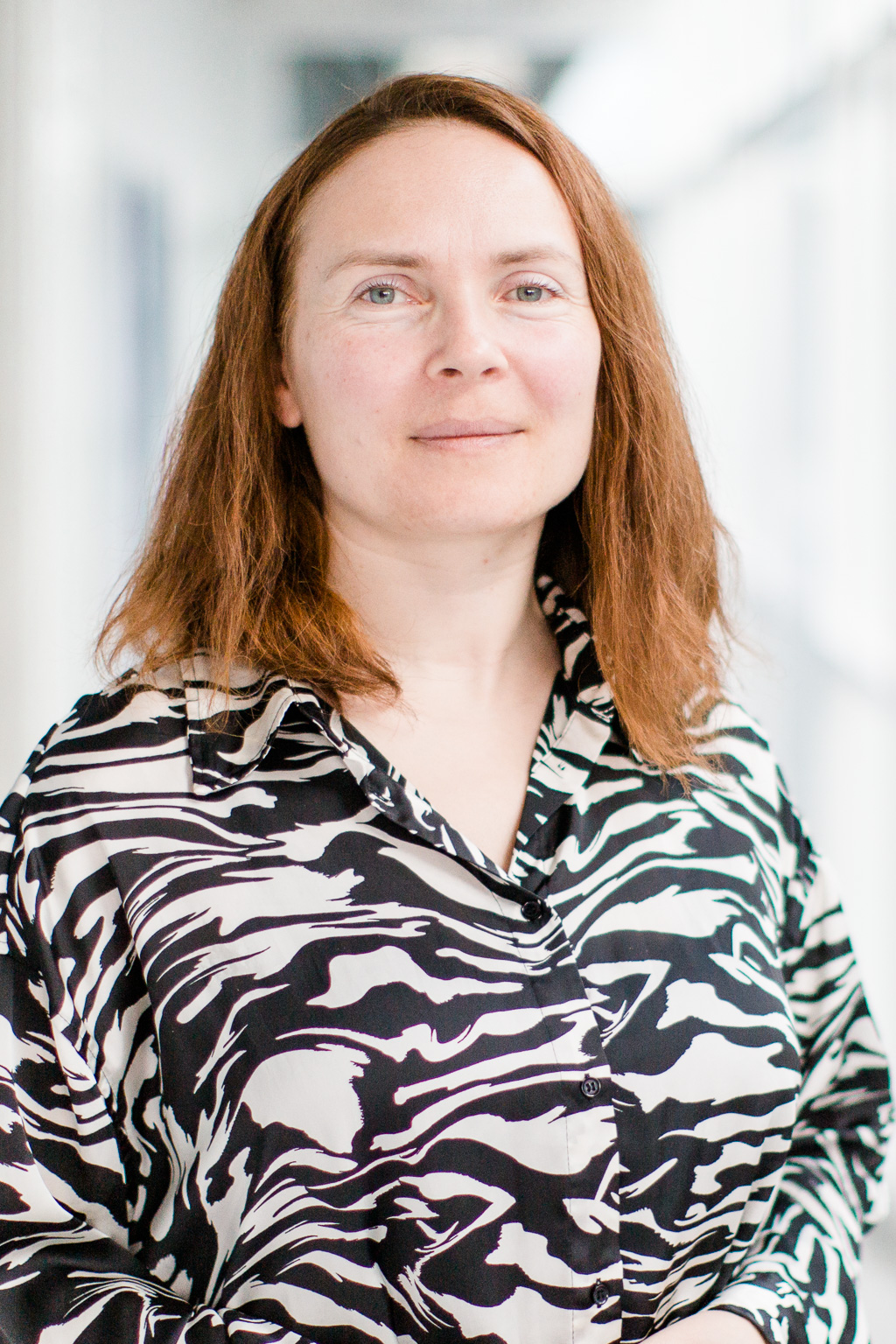In order to ensure a sustainable use of the worlds finite resources, it has become indispensable to consider principles of circularity for every newly developed technology or product. The project P4.3 ReCycle will apply those circularity principles to depicted technologies within the hydrogen value chain. It will furthermore go beyond these and incorporate considerations of sustainability, according to the 17 United Nations Development Goals (SDGs), in its scope.
State-of-the-art recycling chains for the proton exchange membrane (PEM) and anion exchange membrane (AEM) electrolysis systems and depicted components thereof, such as the porous transport layer (PTL) and bipolar plates (BPP) will be analysed. The technically and economically best recycling chains will be determined and the recycling rate calculated. The recycling chains will be analysed to identify weaknesses and pitfalls, taking into account environmental, economic and sustainability factors. On this basis, improved or new processes will be conceptualized and developed leading to an overall improved recycling chain.
2nd life strategies will be assessed for the PTL and BPP. Possible reuse in other, less demanding application, will be analysed. The possibilities of regeneration and refunctionalisation and technical feasibility and economic viability will be estimated. A fit-for-2nd-life test procedure will be developed.
Energieinstitut will carry out Life Cycle Assessments and techno-economical analyses.



